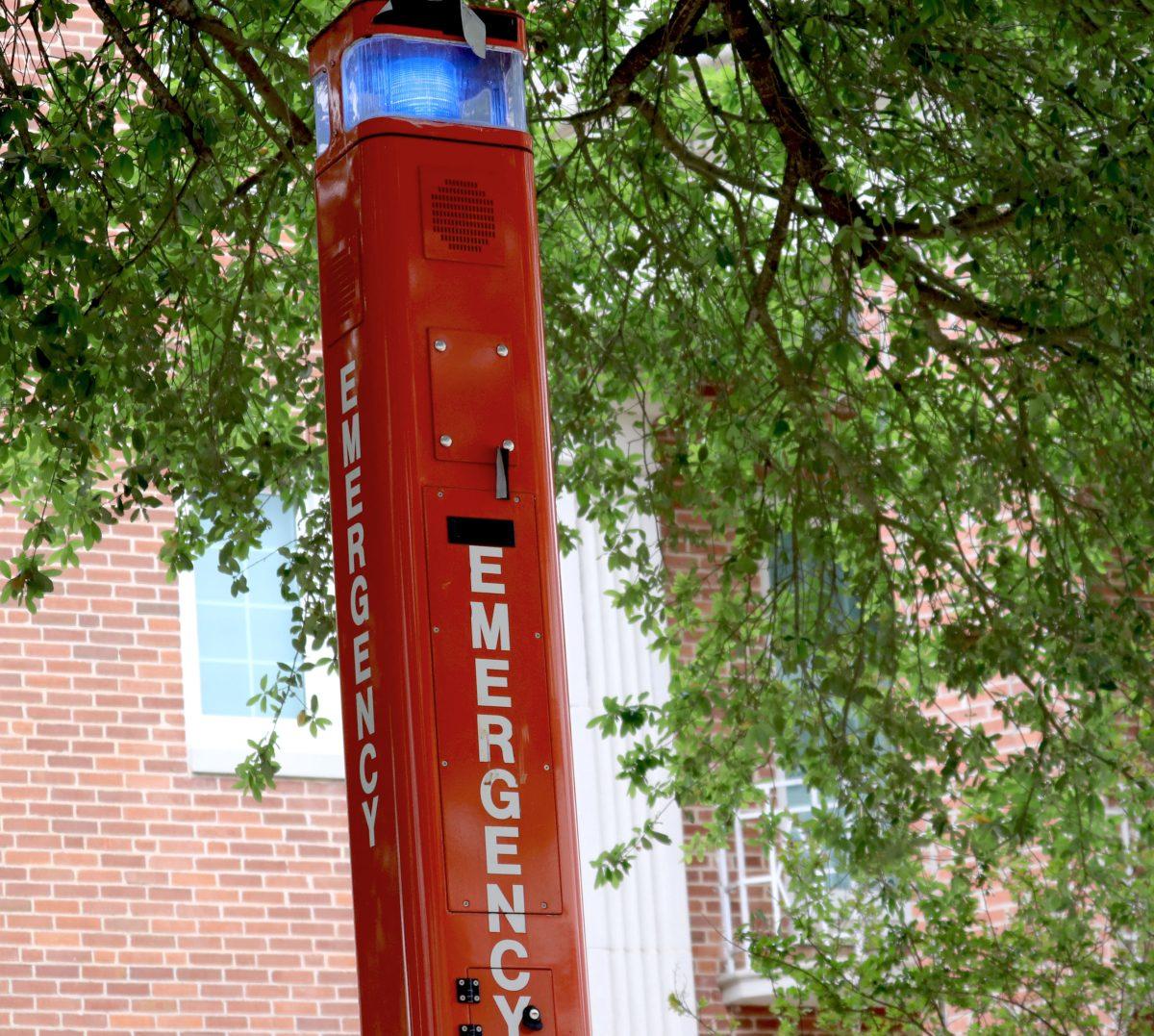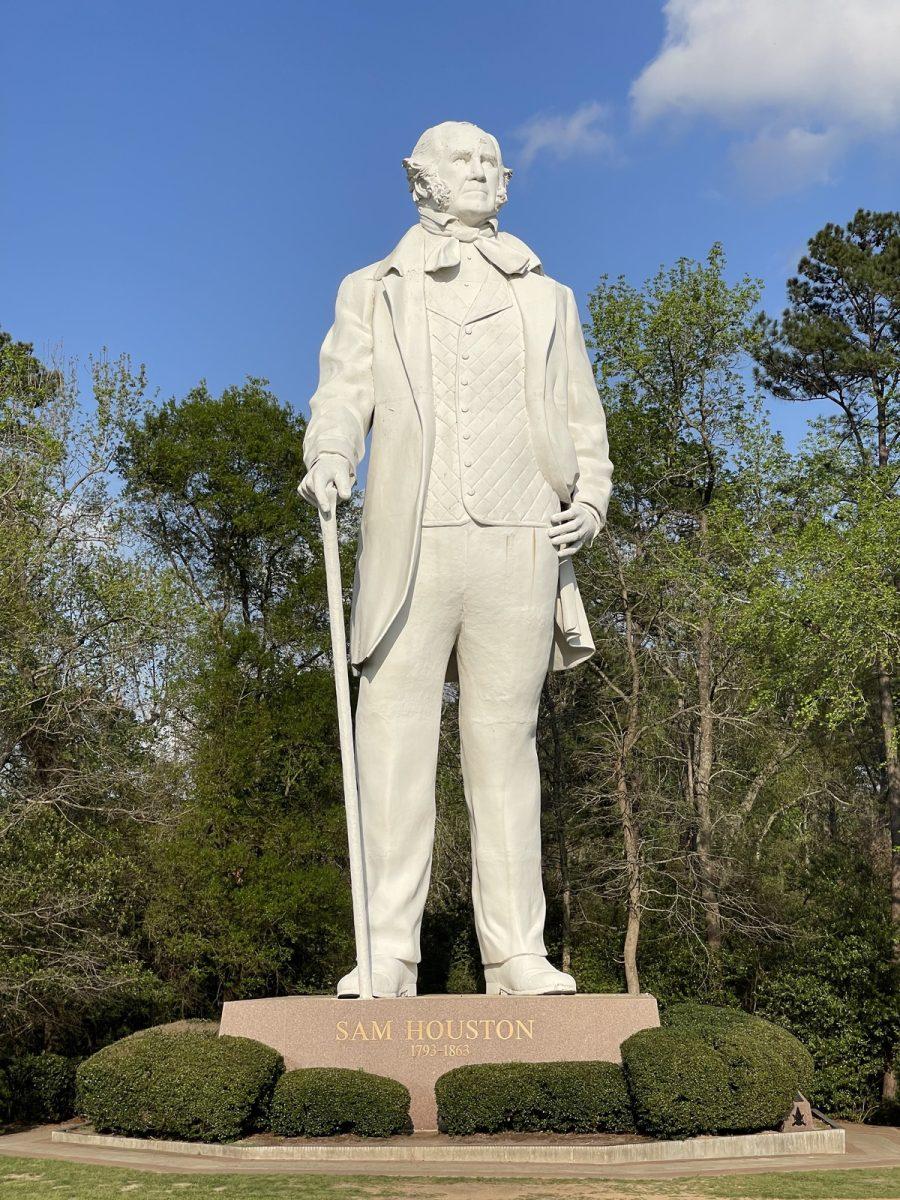Deferred Action for Childhood Arrivals (DACA) is a program that was started during the Obama administration. The executive order gave illegal immigrants, that had entered the United States before they turned 16, a deportation reprieve. President Trump has ordered an “orderly wind down” of this program and has given Congress six months to make a legislative decision about DACA. If Congress is to go through with it and order an end of the program, this decision could affect the lives of 800,000 people that gave away their personal information to the government thinking they would be allowed to stay. These are the people that did not have an option and came with their parents; they should not have to regret the decision that their parents made for them. They have built lives for themselves in the United States, and this decision could affect not just illegal immigrants but the American economy, as well.
Currently, DACA applicants have been put on a six-month hold to give Congress the time needed to make a decision about DACA. Now the 800,000 “dreamers” (a term used to refer to undocumented immigrants affected by DACA) will have to live with uncertainty about whether they can stay in the U.S. or will be deported. President Trump has not asked for their immediate deportation but that they can stay for the two years that were granted to them by DACA, but that does not make the situation any better. In the end, they will all be deported, and this will negatively affect the American economy.
According to the Center for American Progress, ending DACA would result in the loss of an estimated 685,000 workers over the next 10 years. This would create hardships for employers who would have to find their replacements. It could also reduce the U.S. gross domestic product by about $460 billion over a decade. In addition, businesses would lose out on the customer market that the dreamers contribute to making. Governments would lose all tax revenue that the dreamers pay. Armed forces would lose out on soldiers that have been putting their lives on the line to fight for this country, where they may now not even have a future.
Colleges and universities would also lose tuition and fees from these students who are working hard to make it through college so they can get jobs and stay in this country. University of California (UC) President Janet Napolitano said that her university would be negatively affected by the end of DACA as they would lose the academic and cultural benefits that the dreamers contribute. Napolitano was an architect of the DACA program in 2012 as U.S. Homeland Security secretary and is now suing President Trump for what she considers to be an illegal action.
The dreamers are a high-achieving lot of people who have earned their right to stay in the United States. More than 90 percent of them who are above the age of 25 are employed and are creating a business at twice the rate of the public as a whole. They have families, friends, and a life built for themselves here, and they should not have to live in fear of whether they get to stay in the U.S. or be deported and have to build their lives again from scratch. In the end, we must remember that the U.S. is a nation that is built by immigrants and it will rise but higher if a productive immigrant is accepted into our society.









